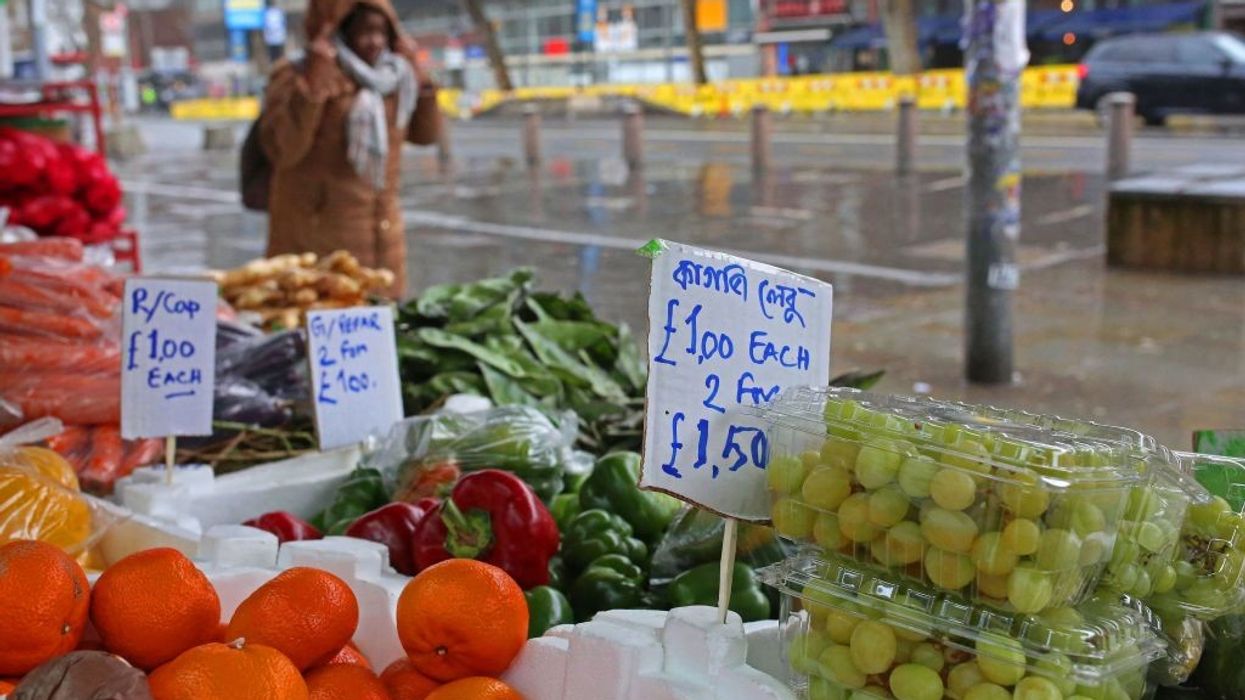British legislators initiated an inquiry on Friday (12) to assess the equity of the food supply chain in the country, aiming to comprehend the reasons behind households experiencing the most substantial food price inflation since the 1970s.
The Environment, Food and Rural Affairs (EFRA) committee, consisting of members from various political parties, operating within the House of Commons, will scrutinise the distribution of profits and risks throughout the entire food production process, as well as the extent of regulatory measures.
Additionally, the inquiry will investigate the influence of external factors on the supply chain, including the importation of food and fluctuations in global commodity prices.
"When many people are struggling to give their families good food at a reasonable price, it's our job as a committee to get to the bottom of what’s going on," Robert Goodwill, chair of the EFRA Committee and a lawmaker from the ruling Tory party, said.
“We know that consumers are paying higher prices, but the question is - are the other parts of the supply chain unduly benefiting from that, or are some of them also feeling the squeeze?" he said.
Earlier this month, France's government pledged to take action against food retailers who fail to pass on lower wholesale prices to consumers.
In Britain, the smaller opposition Liberal Democrats party has called for the government to investigate supermarkets' profits.
Supermarket groups, including market leader Tesco, deny claims that they are profiteering, saying they have taken a hit to earnings and have operating margins of 4 per cent or less, while major consumer goods firms such as Unilever and Nestle have margins of 16-17%.
Official data showed UK food prices were 19.1 per cent higher in March than a year earlier, the biggest such rise since August 1977, while in April, grocery inflation was 17.3 per cent, according to industry data.
The Bank of England said on Thursday (11) it expected overall inflation - which remained above 10 per cent in March - to fall more slowly than it had hoped, mostly due to unexpectedly big and persistent rises in food prices.
Food retailers have said they expect prices to rise in 2023 overall but the rate of inflation will decline through the year.
Prices for some products that have seen the sharpest rises, such as milk, butter and bread, have actually started to fall.
The EFRA committee does not have the power to change legislation but it can take oral and written evidence from farmers, manufacturers, retailers, the government and consumers, and issue a report with recommendations.
(Reuters)





